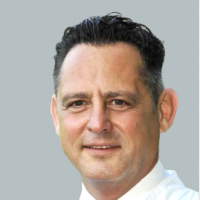Here you will find medical specialists in the field Andrology. All listed physicians are specialists in their field and have been carefully selected for you according to the strict Leading Medicine guidelines. The experts are looking forward to your inquiry.
Mönchengladbach













